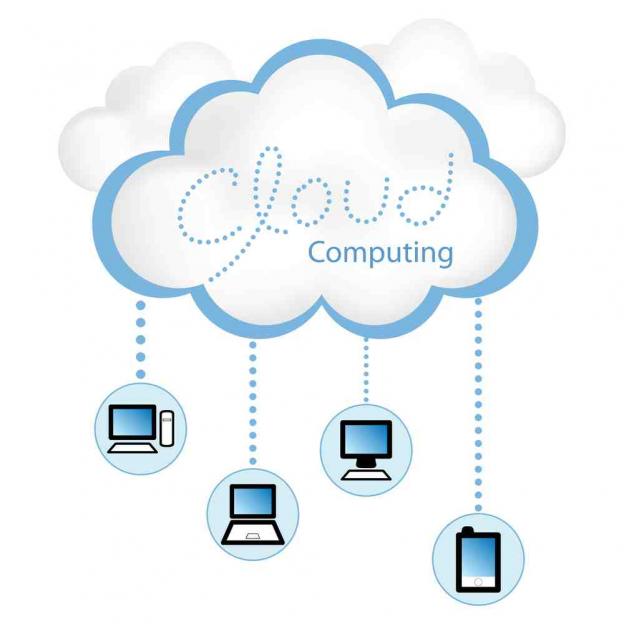-
Cloud computing platforms and technologies
Cloud computing applications are developed by using platforms and frameworks. Different types of services are provided from the bare metal infrastructure to adapt customizable applications for specific purposes.
Read also: the difference between mobile computing and cloud computing
Amazon Web Services (AWS) -
AWS offers various, extensive cloud IaaS services, ranging from virtual computing, storage, and networks to complete computer stacks. AWS is known for its storage and computes on-demand services, called Elastic Compute Cloud (EC2) and Simple Storage Service (S3). EC2 offers customizable virtual hardware to the end-user that can be used as the basic infrastructure for implementing computer systems in the cloud. It is likely to choose from a wide variety of virtual hardware configurations, including GPU and cluster instances. Either the AWS console, a wide range of web portals for retrieving AWS services, or the web services API available for different programming languages is used to implement the EC2 instances. EC2 also offers the possibility to save an explicit active instance as an image, so that users can create their own templates for the implementation system. S3 saves these templates and delivers permanent storage on request. S3 is well-ordered in buckets that contain objects that are stored in binary form and can be expanded with attributes. End users can store objects of any size from basic file to full disk images and retrieve them from anywhere. In addition, EC2 and S3, a wide range of services can be used to build a virtual computer system, including network support, caching system, DNS, database support and others.
Google AppEngine -
Google AppEngine is a scalable runtime environment that is often used to run web applications. These make use of the benefits of Google's large computing infrastructure to dynamically scale according to demand. AppEngine offers both a secure execution environment and a collection that simplifies development as well as scalable and powerful web applications. These services include memory caching, scalable data storage, job queues, messages, and corn task. Developers and engineers can build and test applications on their own systems using the AppEngine SDK, which replicates the production run-time environment and helps test and profile applications. After completion of the development, developers can easily move their applications to AppEngine, set quotas to contain the costs generated and make them available to everyone. Currently, the supported programming languages are Java, Python, and Go.
Microsoft Azure -
Microsoft Azure is a cloud operating system and a platform on which users can develop applications in the cloud. In general, a scalable runtime environment is provided for web applications and distributed applications. Applications in Azure are organized around the fact of roles, which identify an application distribution unit and represent the logic of the application. Azure offers a set of additional services that complement the implementation of applications, such as support for storage, networking, caching, content delivery and others.
Hadoop -
Apache Hadoop is an open-source framework that is suitable for processing large data sets on commodity hardware. Hadoop is an implementation of MapReduce, a programming model for applications developed by Google. This model offers two basic operations for data processing: reduction and map. Yahoo! Is the sponsor of the Apache Hadoop project and has made significant efforts to transform the project into a business-ready cloud computing platform for data processing. Hadoop is an integral part of Yahoo! Cloud infrastructure and it supports many corporate processes of the corporates. Yahoo! is currently Manges, the world's largest Hadoop cluster, also available to academic institutions.
Force.com and Salesforce.com -
Force.com is a cloud computing platform on which users can develop applications for social enterprises. The platform is the basis of SalesForce.com - a Software-as-a-Service solution for customer relationship management. Force.com makes it possible to create applications by putting ready-to-use blocks together: a complete set of components that support all activities of a company is available. From the design of the data layout to the definition of business rules and user interface, Force.com offers support. This platform is a full hostel in the cloud and offers full access to its functionalities and those implemented in the hosted applications via web service technologies.
If you want to know more about cloud computing, then Cloud computing training in Chandigarh is the best option for you.
 Tags : application, cloud, service, computing, user
Tags : application, cloud, service, computing, user
-
Commentaires

